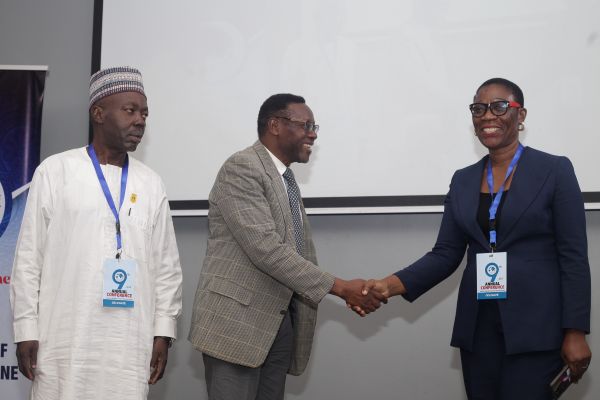The Raw Materials Research and Development Council (RMRDC) has unveiled a new policy framework aimed at achieving a minimum of 30% value addition on all exports of local raw materials.
The initiative was designed to boost the competitiveness of Nigeria’s Small and Medium Enterprises (SMEs) and enhance the nation’s industrial base.
Deputy Director, Process Equipment Maintenance Division of RMRDC, Engr. Obassi Ettu, disclosed this at the Business Session of the pre-9th Annual Conference of the Guild of Corporate Online Publishers (GOCOP) held in Lagos, recently.
According to him, the policy became necessary because many of Nigeria’s raw materials have the potential to yield multiple products, yet are often exported in their unprocessed form, depriving the country of significant economic value.
“Some of these materials can produce three or four end-products, but importers only pay for one. This is why we are insisting that at least 30% of value must be added locally before export,” Ettu explained.
He further revealed that the Council is deepening international collaboration through an ongoing partnership with China focused on capacity building and seedling development.
“Some of these materials can produce three or four end-products, but importers only pay for one. This is why we are insisting that at least 30% of value must be added locally before export,” Ettu explained.
He further revealed that the Council is deepening international collaboration through an ongoing partnership with China focused on capacity building and seedling development.
“We send our staff to China annually for training. It has been impactful. For instance, we have developed 13 varieties of sweet sorghum and are currently conducting toxicological tests to ensure their safety for human consumption,” he said.
Ettu expressed concern over Nigeria’s continued importation of raw materials despite its vast natural endowments, stressing that RMRDC now advises the Federal Government on which materials to restrict or substitute for local alternatives.
“We have adopted a policy of applied, commercialised research and development (R&D). Through reverse engineering, we’ve developed technologies for processing various raw materials locally,” he stated.
Describing RMRDC as a “child of circumstance” born out of Nigeria’s past economic downturns, Ettu said the Council’s present mission is to harness and transform the country’s abundant raw materials into viable industrial inputs.
Looking ahead, he noted that RMRDC’s focus is on wealth creation through practical innovation.
“We are experimenting with tomato seeds that households can grow and sell to nearby restaurants. But for these initiatives to succeed, we need a system that ensures policy continuity to consolidate the gains we’ve made,” he concluded.

